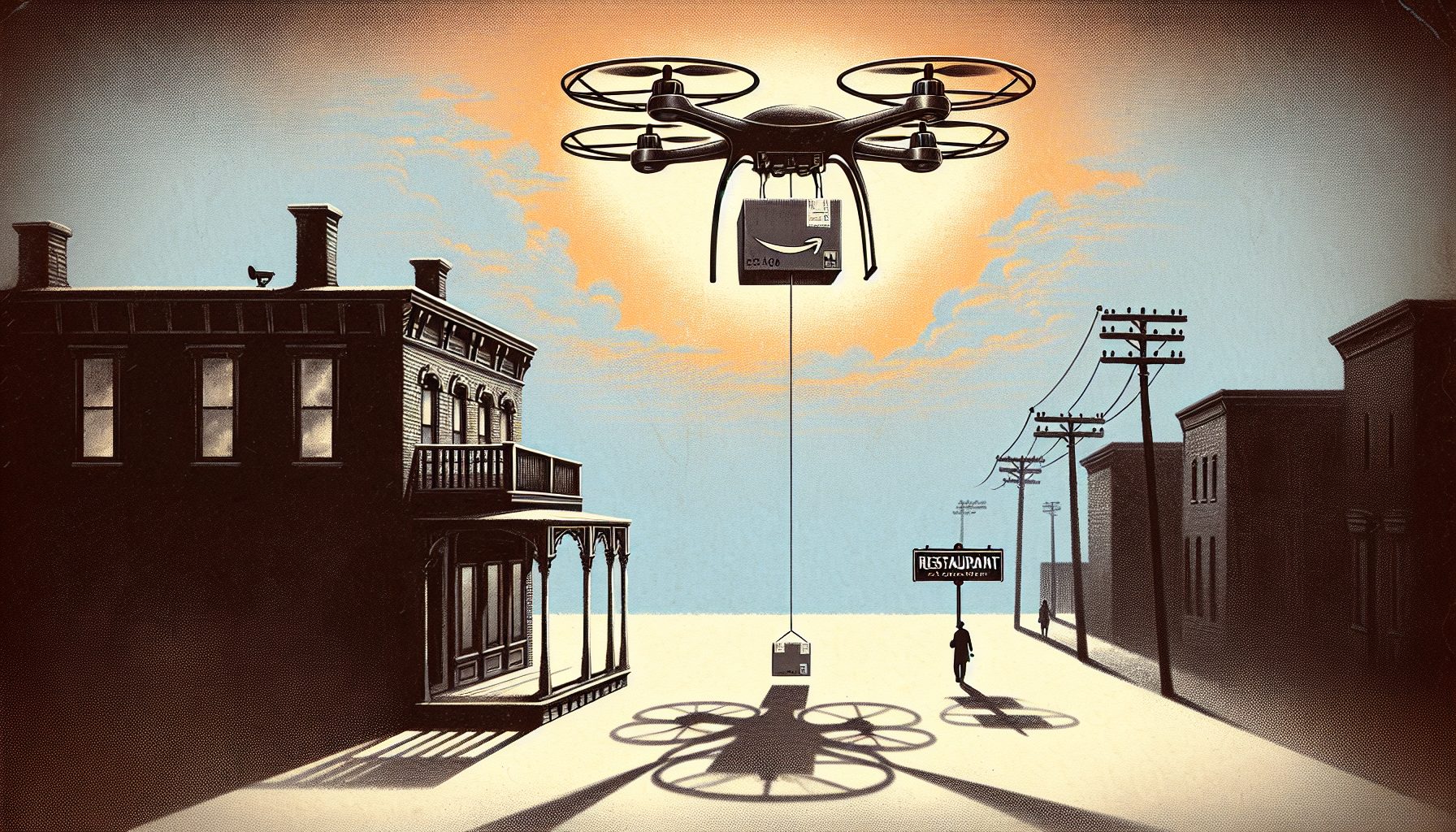THE OBSTACLE: THE INFORMATION HOARDER
Following the 9/11 attacks, government agencies-particularly the State Department, the Federal Bureau of Investigation and the Central Intelligence Agency-were lambasted for their inability to exchange terrorist-related information that might have been used to track and stop the 19 hijackers. Critics say agencies’ inability to secure e-mail so that it could be safely sent between field agents or the lack of Ethernet connections in FBI field offices were only part of the problem. Just as big an obstacle were the agency officials who hoarded data and refused to find a way to share it with their intelligence-community compatriots. When it comes to security, all employees need to be in the loop. The same is true in the business world. To maximize revenue, for example, sales data or pricing information from specific regions or product groups needs to be disseminated through a company quickly and accurately.
THE RESPONSE:
Start talking: In Las Vegas, the five largest publicly traded casinos-all highly competitive companies-learned from years of watching teams of card counters and cheaters. They realized that sharing information about technology and security-training procedures benefits them all. Today, casino security chiefs meet once a month to discuss the latest trends in casino crime and provide testimonials about the technology they’re using to combat them. Most security problems are better understood and explained in person than over the phone or in an e-mail. Many of the red flags surveillance personnel notice are physical movements such as the way cards are held or where a device might be hidden, says Alan Zajic, a casino-security consultant who works with several Las Vegas properties. “This forum gives security guys a place to do a little show-and-tell and build a sense of camaraderie that pays off later,” he says.
Do some real networking. Take some of the human element out of the equation by making the sharing of day-to-day information as easy as possible. Vegas casinos, for instance, have built wireless networks that allow them to easily transmit suspect profiles and photographs among other gaming houses as well as local and federal law-enforcement agencies.
Make everyone part of the routine. Daily updates between the security staff and the housekeepers and food-and-beverage folks have become part of the normal routine at many casinos. Casino security staffs get updated lists of suspected criminals and terrorists supplied by the FBI, the Department of Homeland Security and the Las Vegas Metro Police Department, and much of that information-including photographs-is shared with the in-house staff.
Just do it. So much about communication and sharing in any group is just making it part of the culture. Kids, for instance, don’t like to share their toys-and won’t-unless they’re taught that it’s the right thing to do. “What it really comes down to is having the will and commitment to share information,” says Darwin John, former chief information officer at the FBI. “That’s just the way it is.”








